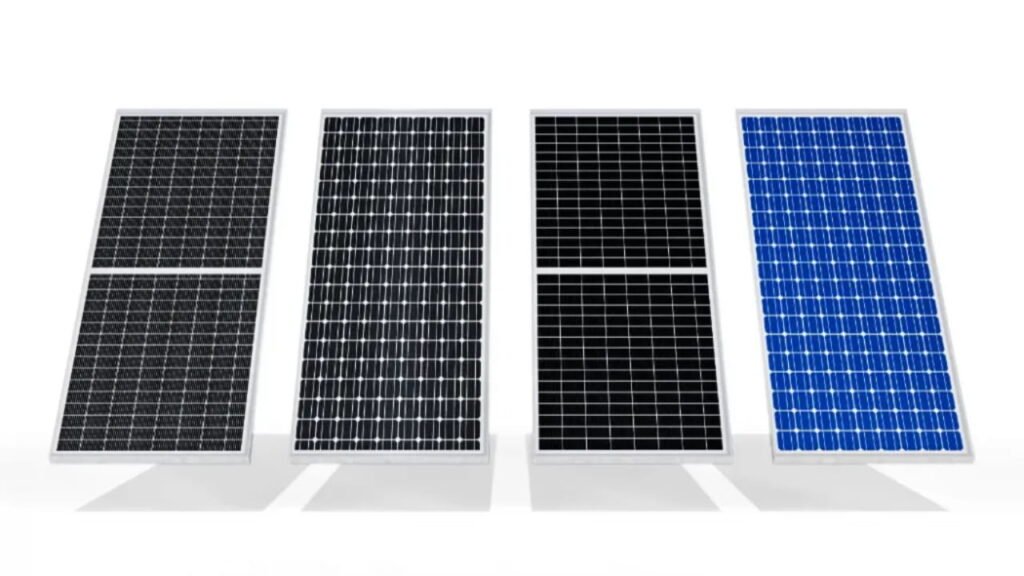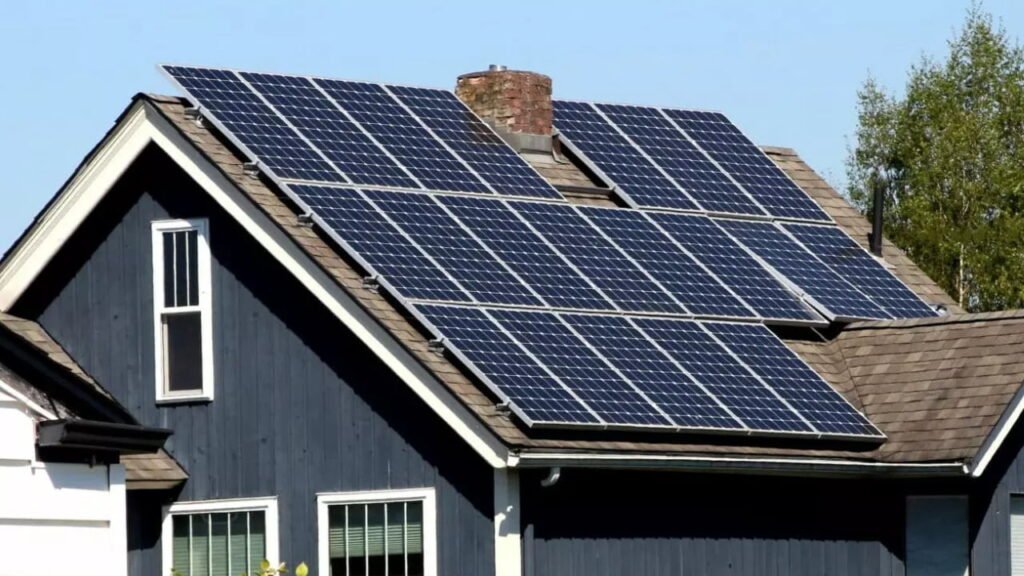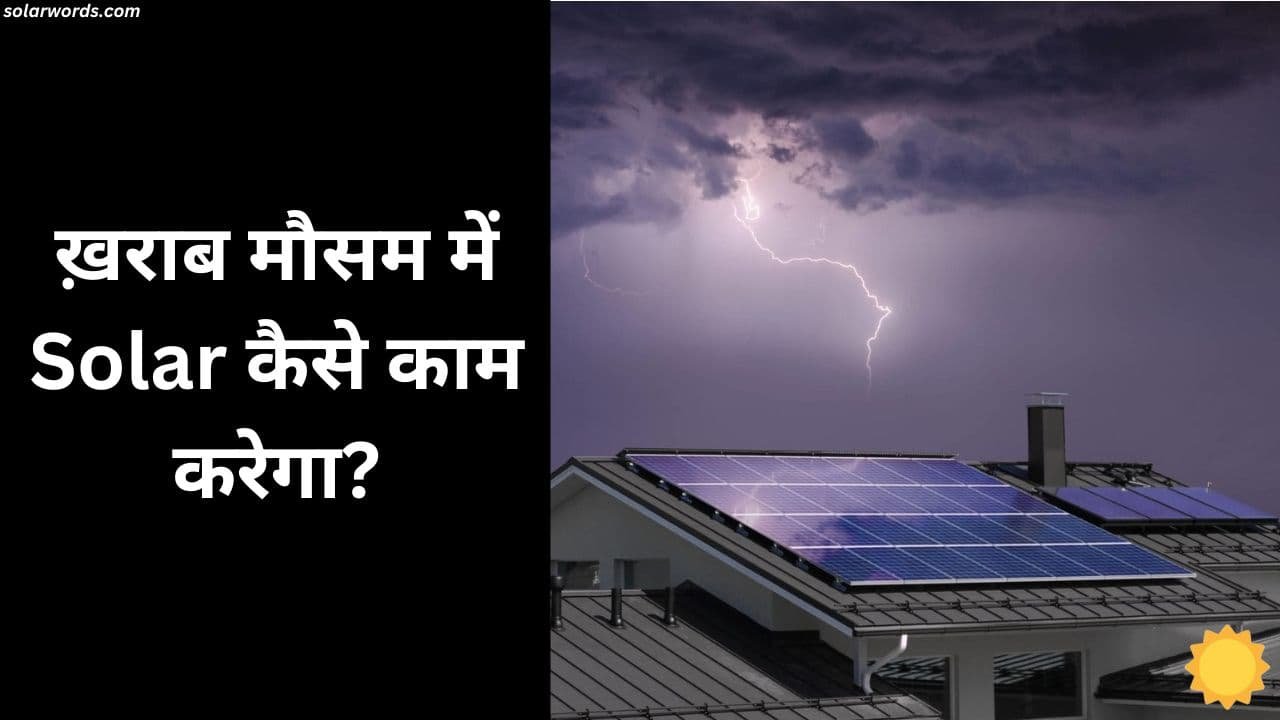Welcone To PM Surya Ghar Yojana Muft Bijli Yojana
Know how solar panels work
People who install solar panels often wonder whether they can work on cloudy days or not. Solar panels often lose efficiency in bad weather or low sunlight, reducing their energy generating capacity. This allows them to work in all weather conditions and deliver good returns.
Know how solar panels work on cloudy days

Solar panels convert sunlight into electricity using photovoltaic cells. When the sky becomes cloudy or it rains, less sunlight does not fully reach these cells. However, solar panels can still generate electricity, but at a lower rate. The intensity of sunlight decreases, causing electricity production to decrease, but not completely stop.
Types of solar panels and their performance
There are many types of solar panels on the market, each with a different capacity. This includes polycrystalline, monocrystalline, bifacial and thin film solar panels. Of all these panels, monocrystalline solar panels are the most efficient in low light. These contain a crystal of silicon, which means that these panels contain fewer impurities, allowing them to better capture and convert sunlight.
What are solar panels?

Solar panels are devices composed of several solar cells, also called photovoltaic cells. These solar cells convert sunlight into electrical energy. This is why solar cells are also called photovoltaic cells. The electricity generated from this can be used in homes with the help of a solar energy inverter.
Solar panels are made of photovoltaic cells which are in turn made of silicon. When sunlight falls on a solar cell, it causes electrons to move in the silicon, creating an electric current. This power is then used to generate electricity for household use.
Factors that influence the efficiency of solar panels
- solar panel size
- Efficiency of solar panels
- type of solar panel
- 4. Relative position of the sun
- weather conditions
- temperature
Also see: Know how many units of electricity the solar panel produces at one time
